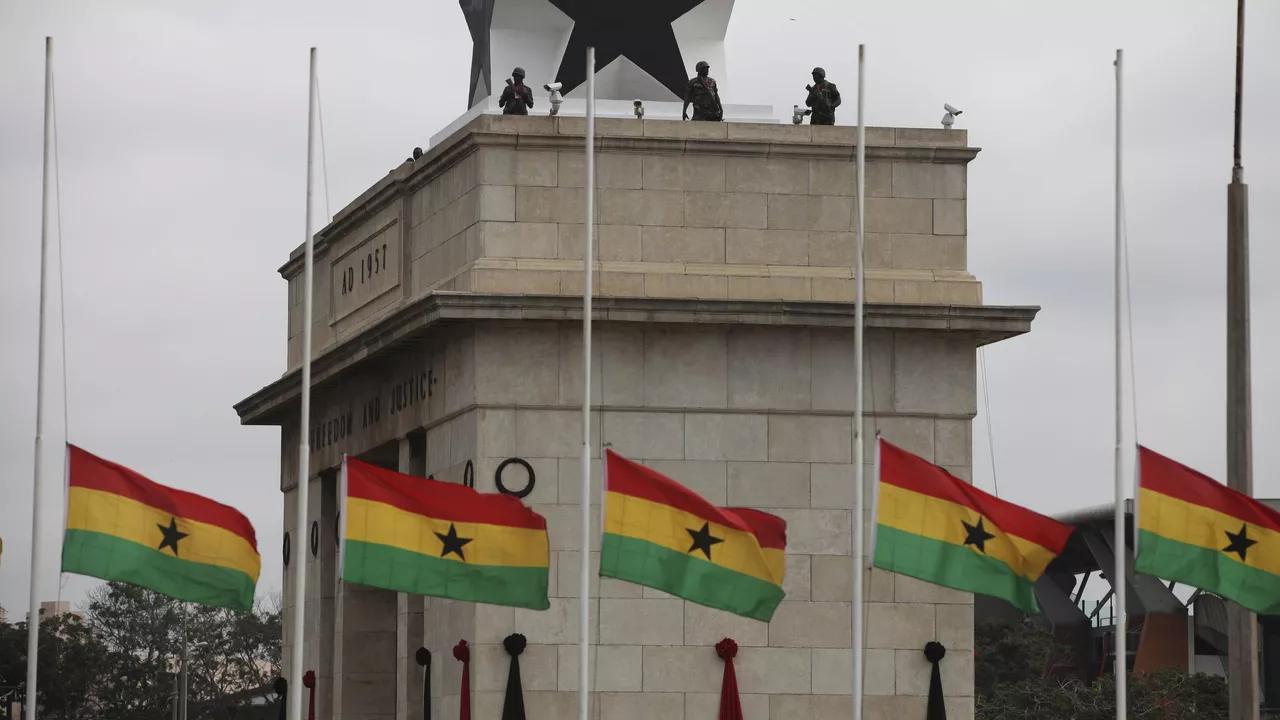Africa-Press – Ghana. A new five-year National Ethics and Anti-Corruption Action Plan, spanning 2026 to 2030, is poised to become Ghana’s crucial weapon against corruption.
This was disclosed by Ms. Mary Awelana Addah, Executive Director for Ghana Integrity Initiative(GII) who stated that the new strategy, developed by a multi-sectoral working group aimed to rebuild a country plagued by excessive corruption.
She said this during the first stakeholder consultation for the plan which was held in Accra.
The Executive Director said the strategic framework followed the last strategy, the National Anti-Corruption Action Plan (NACAP), which ended in 2020.
According to Ms. Addah, a subsequent evaluation by Transparency International showed that Ghana’s fight against corruption had not been effective.
She cited the country’s scores on the Corruption Perception Index (CPI) over the past five years, where a score of 33 was recorded in 2020 and 2023, with a slight improvement to 42 in 2024.
This stagnation and decline, she noted, highlights that corruption remained an obstacle to equitable development, investor confidence, and citizens’ trust in governance.
She stated the strategic plan must not simply be a statement of Ghana’s ideals in the fight against corruption, but should encompass inclusive, practical and measurable indicators by which all citizens would track to ensure delivery.
The Executive Director emphasised that to ensure the new plan was robust and comprehensive, the working group would engage over 400 multi-stakeholder institutions across most of Ghana’s regions.
“ These consultations, which include representatives from civil society, the private sector, religious bodies, and other key groups, are designed to gather critical insights and enrich the draft,” she said.
Ms. Addah explained that the consultative sessions, organised in small groups in Accra and other regions, were a deliberate strategy to foster interaction and harvest diverse views.
She said technical experts from the working group would share insights on topics ranging from legal frameworks and enforcement loopholes to the critical role of ethics in the anti-corruption agenda.
The fight against corruption, she stressed, could not be the sole responsibility of the government, stressing that a national commitment and a partnership between leaders and citizens was imperative.
The Executive Director noted that under the 1992 constitution dispensation, the fight against corruption had not gone the way the stakeholders expected.
However, she said, with a renewed resolve, the stakeholders would work to ensure the fight against took a better shape.
For More News And Analysis About Ghana Follow Africa-Press







